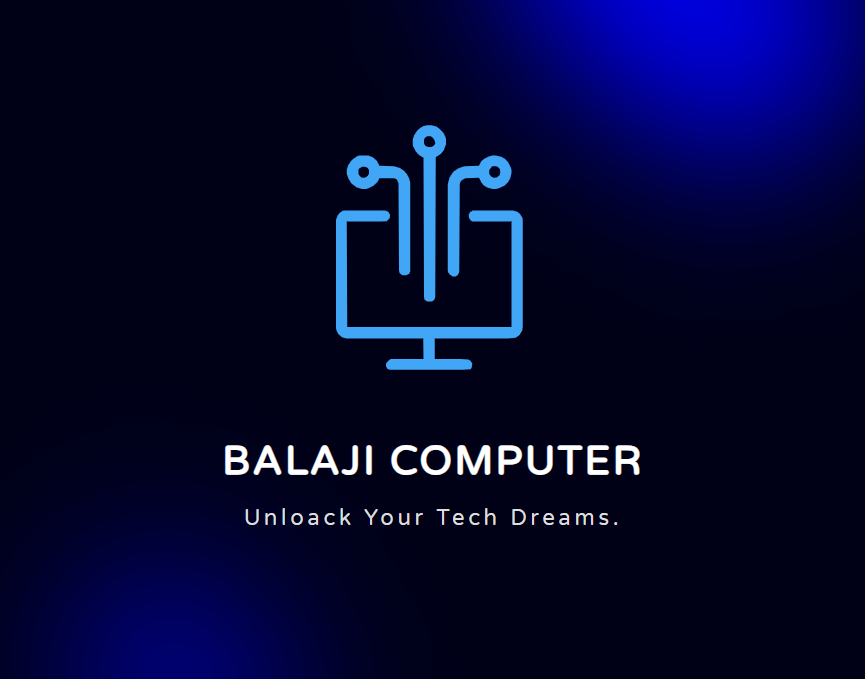




Duration
4 months
Level
Advanced
Language
English
Our comprehensive programming courses are designed to equip students with essential skills for success in today’s tech-driven world. Covering a wide range of languages and frameworks, including C, C++, PHP, Python, Core Java, and advanced web technologies, students will learn fundamental and advanced programming concepts. Each course is structured to provide hands-on experience through practical projects, allowing participants to develop real-world applications and solve complex problems. Additionally, specialized courses in web design, mobile development using Flutter, and advanced frameworks like React and Angular prepare students for diverse career opportunities in software development. By emphasizing best practices, security, and efficient coding techniques, our curriculum ensures that students are well-prepared to meet industry demands. Join us to embark on a journey of innovation and creativity, enhancing your technical skills and boosting your career prospects in the rapidly evolving field of programming.